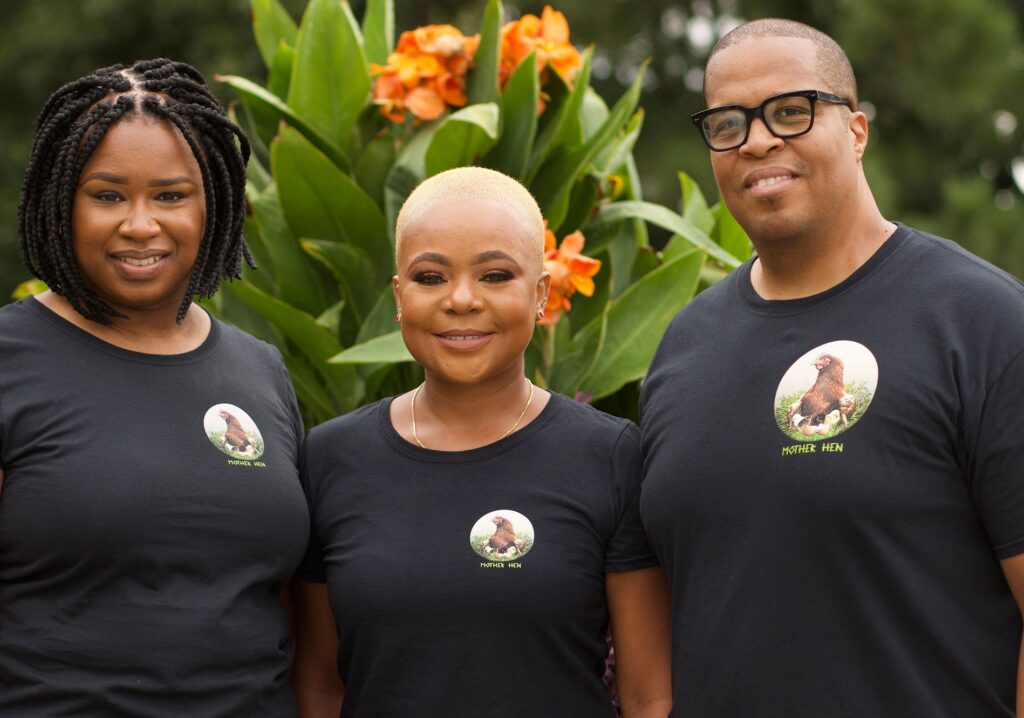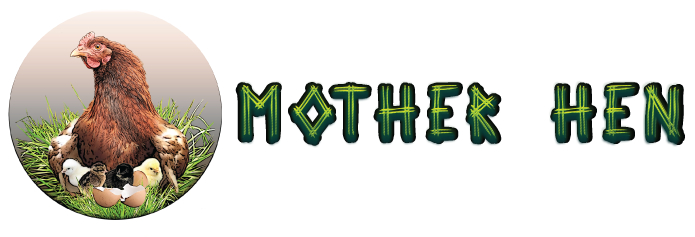Issue: June 2024 Part 2
Social Culture
Being a parent is hard work. This is especially when your teachings and lessons are not the only avenues for your children to learn. Also, there will inevitably be new situations your child encounters in which they may be unsure of how to navigate. As such, we decided to do a series on Social Culture. Here you will be able to find tips to help you maneuver the world inside and outside of your home. We would love to hear how these tools and tips are working for you once you have implemented them (info@2motherhens.com).
**Consistency is one of the most important aspects of effective parenting**
Welcome to the first installment of the SOCIAL CULTURE series:
Changes that occur during the process of divorce make our lives absolutely chaotic or feel like we’re adrift in the ocean without a tether. Both our inner and outer life change and nothing is like it used to be. Taking care of yourself is paramount and sometimes very hard to do – especially since it is so easy to lose your orientation in this flow and forget about what is really important. Therefore, here are some tips to pay attention to while going through the process:
Interracial Parenting
According to the 2020 Census, people who deemed themselves as multiracial (2 or more races) were among the youngest of any race group. The population that reported multiple races grew faster than all race-alone groups in 2020. What this means is that there are many more interracial families today than there ever were before and many more children and adults identifying and embracing multiple races. Despite there being such a huge growth in this racial population, talking about race is still incredibly difficult and, frankly, not something we would want to have to do. However, race is a very real concept that impacts us all, including children from multiracial families. There is an added challenge when you talk to your child about race when they are a different race than you and you have never traversed the challenges they will have to face.
The following are some tips on how to handle this terrain:
Talk about it: It is so important for you to set the foundation for your child about who they are before the world labels them- because it will happen. Even if race is not spoken about, race is always a part of our communication albeit unconscious or unintentional. Your child’s racial identity is not a one-and-done conversation. It is something that is continuous.
“Open communication fosters racial awareness, reduces inconsistent messages, minimizes ambiguity, increases familial interaction, buffers youth from stereotype threat effects and decreases the effects of conflicting messages about race.”
-Rollins & Hunter, 2013, p.141
Live in a Multicultural Neighborhood: If you are able to, seek to live in an area where diversity is the norm. The more diverse a city is, the higher the chances that a number of interracial couples and multiethnic children live there. Although living in such an area won’t guarantee that your children never face problems because of their heritage, it lessens the odds that your child will be viewed as an anomaly and your family subjected to rude stares and other bad behavior when out and about.
Reinforce Family & Cultural Pride: An easy place to start to talk about race is to start with yourself and your family. Talk about your own cultural pride and help your child develop pride in their own ethnic and cultural identity too – even if theirs is different from yours. Rollins and Hunter cite this as “promotive messaging” which is described as strengthening the child’s sense of self, believing in one’s ability, and passing on cultural traditions and values. This can be in the form of books, plays, shows, parades, discussions, and panels about race. You can also connect your child with others who are of a similar background and/or life experience.
Proactively Prepare Kids for the Potential Difficulties in Society: Research suggests that it is just as important to prepare children for potential bias and discrimination proactively. Rollins & Hunter describe this kind of messaging as “protective” and can be included with promotive messaging.
“Combining messages that prepare youth for racism and discrimination with education, awareness, and racial pride better equips youth to negotiate their minority status.”
Rollins & Hunter, 2013, p. 149
Acknowledge the Differences: You can take the pressure off by acknowledging the differences—and the likenesses—between you and your child. Even if you do not vocalize the difference, your child already notices them. As we all know, if we don’t talk about the pink elephant in the room it gets harder to ignore. Needless to say, you don’t want your child ruminating over these differences negatively. Take this time to make sure you are a part of the conversations and use them as opportunities to affirm them for their unique qualities.
Also, acknowledging the differences between your experiences gives permission to be honest and vulnerable with each other. By the time they are teens they know you don’t have all the answers and you can be honest about that as a part of connecting with them, it can be a safe place for them to be vulnerable with you too.
Ask for Their Opinions: If you are a safe space for your child, then open communication about questions they may have about race should be open for discussion. Ask them how they feel about what they read, what happens in school, and what is going on in the world. You can also discuss positive ways to make the community better. This can help children turn their thoughts/feelings into positive action which can be empowering for them.
We are looking forward to continuing this discussion on interracial parenting. See you next time!
References:
- Rollins, A. & Hunter, A. G. (2013). Racial socialization of biracial youth: Maternal messages and approaches to address discrimination. Family Relations, 62(1), 140-153.
- Tips: How Parents in Interracial Families Can Spark the Conversation on Race with Their Kidshttps://www.familyremixed.com/tips-how-parents-in-interracial-families-can-spark-the-conversation-on-race-with-their-kids/
- Nearly a Third Reporting Two or More Races Were Under 18 in 2020https://www.census.gov/library/stories/2023/06/nearly-a-third-reporting-two-or-more-races-under-18-in-2020.html

We Are Continuing to Celebrate
Men’s Health Awareness Month!
If you are in need of support don’t be afraid to reach out. Remember, we are all in this together!
If you are suicidal or in emotional distress, consider using the 988 Suicide & Crisis Lifeline. Call or text 988 or chat online to connect with a trained crisis counselor. The Lifeline provides 24-hour, confidential support to anyone in suicidal crisis or emotional distress.

For those of our subscribers who find themselves in need and financially challenged, please be sure to reach out to us so that we can be of assistance.
Donations
Mother Hen is passionately committed to lending a helping hand to the underserved within the communities we serve. We are appreciative of any and all donations provided here. These donations will be used in entirety to provide services for underserved families as well as fulfill other specific outreach needs.
Outreach Initiatives:
- Community If your business would like to become a corporate sponsor and join us in supporting the community, please contact us directly.
- Family ServicesYour family service donation will directly help a family receive professional parental coaching sessions or services in navigating the school system to get the proper accommodations for their child to succeed academically.
- Corporate SponsorIf your business would like to become a corporate sponsor and join us in supporting the community, please contact us directly.
